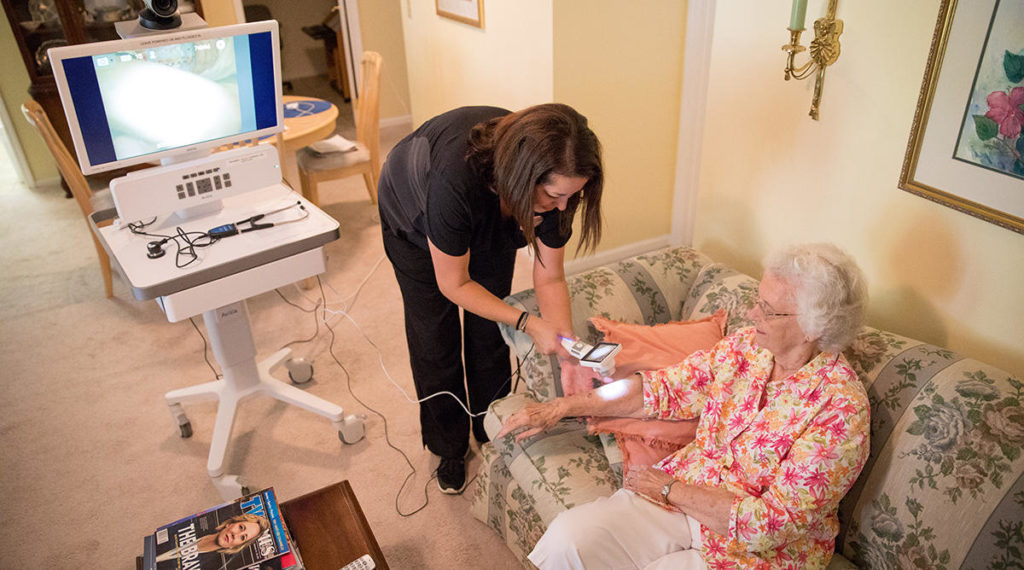
5 Ways the Coronavirus May Impact Long-Term Care Insurance
In Florida, we have reached 1.84M positive COVID-19 test results, attributed to COVID-19, the disease caused by the coronavirus. It is being recognized that the coronavirus pandemic has had a devastating impact on the elderly, particularly those in nursing homes and other long-term care facilities. People age 65 and older and those who have chronic medical conditions are at a higher risk for COVID-19. Both of these groups are heavily represented in the nation’s nursing home population, and according to AARP, these factors have contributed to why 1 in 5 U.S. deaths from COVID-19 has occurred in long-term care facilities.
With this in mind, questions have come to light about how the virus has influenced the costs and provision of long-term care insurance, which may cover some or all of the cost of nursing home, assisted living facility, and in-home care services.
If you or a loved one has a long-term care insurance policy, you may wonder how it is affected by the coronavirus pandemic. If you don’t have a policy, you may wonder if the pandemic will make it more difficult to get one. An article by US News and World Report, examines issues with long-term care insurance that have arisen in the last few months, including the following:

- Qualifying for insurance. It is already more difficult to qualify for long-term care insurance the older you get. Individuals in high-risk groups also may have difficulty qualifying. Because older individuals are at a higher risk for coronavirus, this can affect their long-term care application as well. Some insurers have been limiting applicants’ ages or putting additional restrictions on applicants who have been in contact with the virus. Similar to if you had other recent health conditions or procedures, if you had a positive COVID-19 test, you may need to wait for three to six months before qualifying for insurance. The rate you are offered may also be impacted. Further, these policies vary by company and are frequently changing.
- Premiums. If you are considered high risk due to exposure to coronavirus, you may not qualify for the best rates when you first apply for long-term care insurance. That being said, for those of you who already have policies, insurers can’t raise your rates due to individual circumstances. To raise rates, insurers must obtain approval from the state and raise them for the entire group. On a positive note, some companies are offering grace period extensions on premiums if policyholders are impacted by COVID-19 and need additional time to pay.
- Application Procedures. Like many services, insurers have been veering away from in-person meetings and using more of a remote application process. This has included telephone interviews, video conferencing, and accessing medical records electronically. Physical medical exams have been limited to certain situations.
- Moving out of a nursing home. If you or a loved one have a policy and want to move out of a nursing home due to an outbreak in the facility, or for other reasons, you will need to check your policy coverage. Some policies pay for long-term care in a variety of settings, including in-home care, but others are more restrictive. On the plus side, you may be able to use your policy to reserve your bed through a “bed-reservation benefit” allowing you to keep your spot at the facility while you are away for a temporary period of time. Some policies even pay for care managers to assist in helping find alternative options if needed.
- Home care. If you have a policy that was paying for home care, there may also be changes. Some home care workers are charging more for their services during the pandemic, which could exceed your policy coverage. Another change may be to the number of people entering your home. You may want family to provide care, rather than an outside home health care worker. Unfortunately, most long-term care policies don’t pay for family members to provide care. However, if you aren’t using the insurance to pay for care, your coverage may last longer–depending on the policy.
There are lots of uncertainties regarding long-term care, insurance, and coronavirus.












